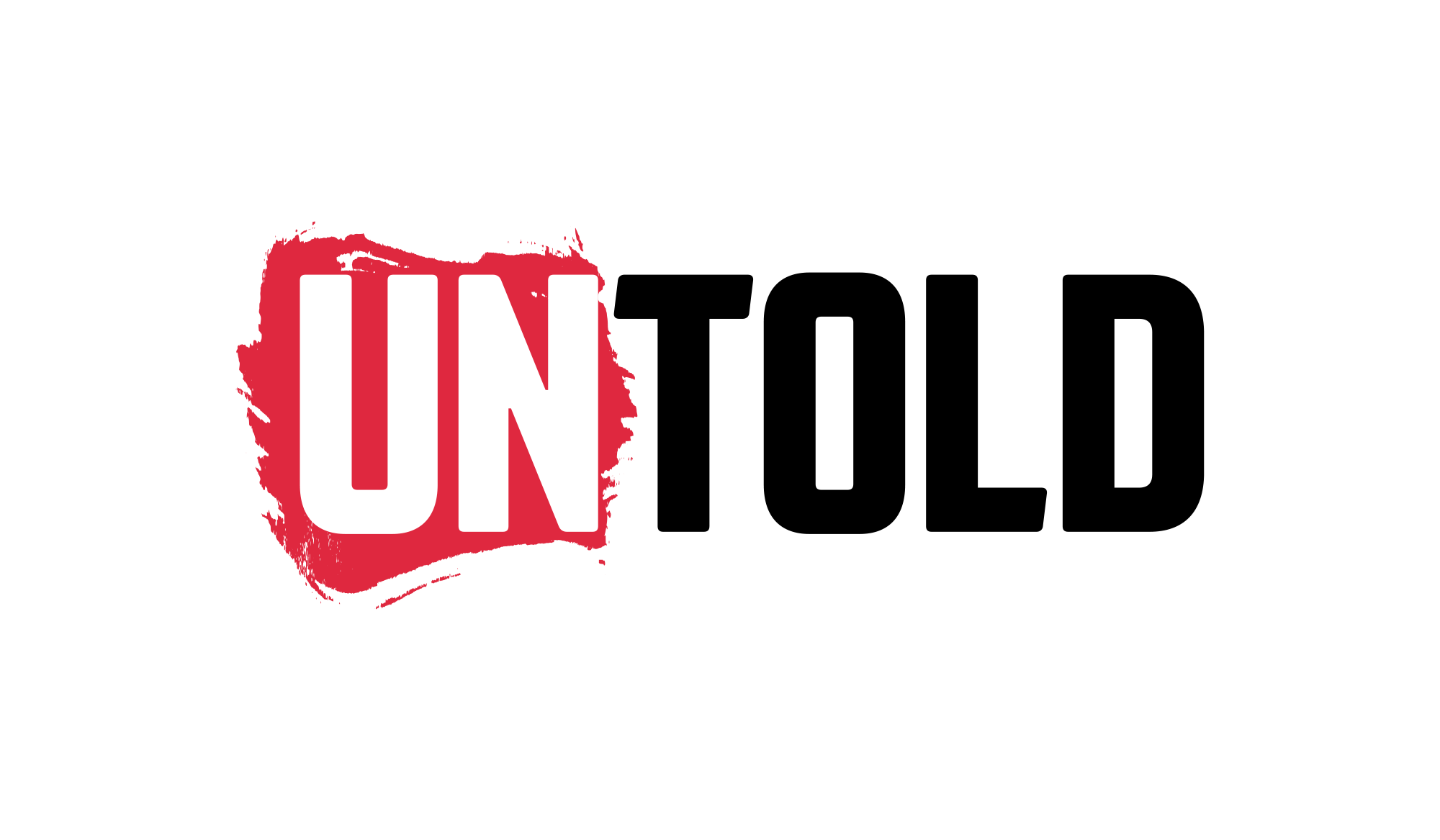Thomas Jefferson’s prudence in orchestrating the Louisiana Purchase, despite constitutional concerns, doubled the size of the U.S., securing its position on the global stage.
America Explained
Exploring America’s history and how it impacts today’s society – from the Founding Mothers to what marijuana tells us about States’ rights
Federal and State Powers
The U.S. Constitution divides power between the federal government and states, granting specific national powers and reserving others to states via the 10th Amendment, with federal laws generally overriding state laws.
American Symbols: The White House
The White House is more than just a residence for the President. Explore the building’s remarkable history and learn how it became a symbol of the United States.
Integrity: Schechter Brothers
In the 1930s, Jewish butchers the Schechter brothers showed integrity when they fought what they felt were unjust regulations, in order to uphold their faith and customer trust.
The U.S. Supreme Court
Sitting at the pinnacle of the judicial branch of government, the U.S. Supreme Court is the highest court in the land. Its landmark rulings have had an enduring impact on American life and law.
Life in the Colonies: Work
The Thirteen Colonies were built by a diverse workforce including skilled laborers, indentured servants, enslaved people, and criminals, in stark contrast to modern labor practices.
Responsibility: Clara Barton
Clara Barton’s unwavering responsibility led her from establishing free schools to founding the American Red Cross, exemplifying how individual dedication can fortify a nation.
Life in the Colonies: Indigenous Communities
The arrival of Europeans and creation of the 13 colonies led to immense challenges and profound changes for Indigenous peoples.
Injustice: Roger Taney
U.S. Supreme Court Justice Roger Taney’s unjust majority opinion in Dred Scott v. Sandford shockingly declared Black individuals weren’t citizens, solidifying slavery’s grip and pushing the nation closer to Civil War.
Courage: Elizabeth Eckford
Elizabeth Eckford’s lone walk to Little Rock High School, amid fierce protests, became a symbol of courage in the fight against racial segregation.
